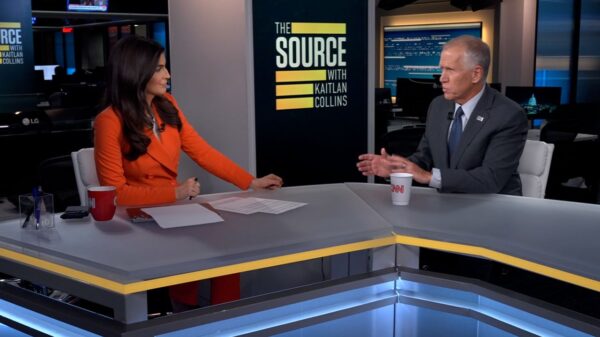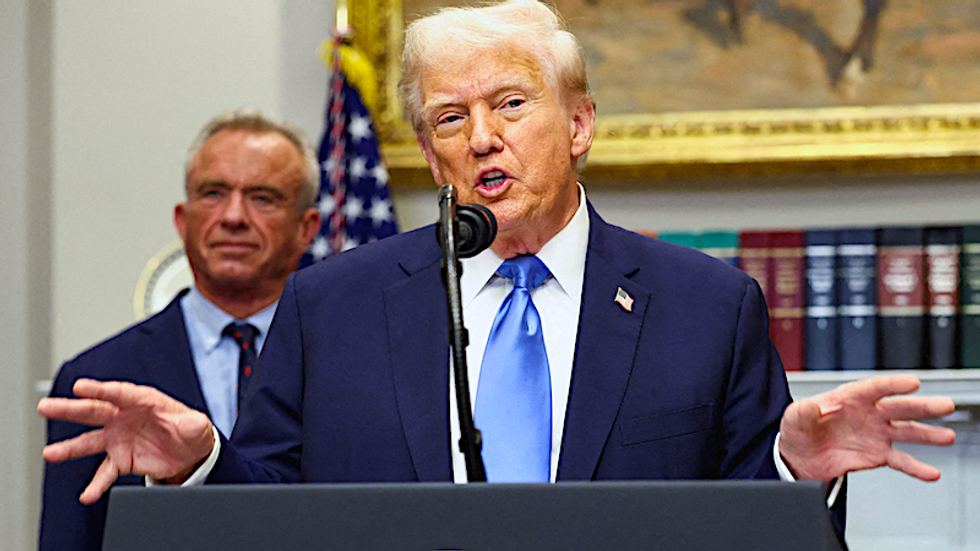UPDATE: In a shocking press conference, President Donald Trump and Health and Human Services Secretary Robert F. Kennedy Jr. have ignited fierce backlash by claiming a link between Tylenol consumption during pregnancy and autism. The alarming announcement, made on July 15, 2023, has drawn immediate condemnation from autistic lawmakers and advocates across the nation.
The controversial statements are part of an ongoing initiative by the Trump administration to explore what Kennedy describes as an autism “epidemic.” While some studies suggest a potential connection between Tylenol and autism, many experts argue these findings are inconclusive and do not establish a direct causal link.
In response to the administration’s rhetoric, Pennsylvania lawmakers Jessica Benham and Abigail Salisbury, both openly autistic, have denounced the administration’s language surrounding autism. Rep. Benham stated, “This is not the first time that autism has been politicized by this administration.” She emphasized the importance of consulting real medical experts rather than relying on non-expert opinions.
Moreover, Rep. Salisbury criticized the damaging implications of the administration’s comments. “It’s not great when the president of the United States acts as if a condition that you have is a scourge or a plague on society,” she remarked. Her voice echoes the sentiments of many who feel marginalized by the administration’s approach.
The fallout from the press conference was swift. Health professionals, including Steven J. Fleischman, president of the American College of Obstetricians and Gynecologists, condemned the remarks as “highly unsettling.” He emphasized that such claims undermine the complex realities surrounding neurological conditions in children.
Following these developments, a coalition of autism advocacy organizations issued a statement asserting that “autistic people deserve respect and support.” The group highlighted the need for policies that genuinely improve the lives of autistic individuals rather than perpetuating harmful stereotypes.
This controversy comes amid broader concerns regarding the politicization of health data and recommendations. Pennsylvania’s Governor Josh Shapiro has voiced support for the autistic community, stating that the state will continue to follow science and facts in public health guidance.
As the situation unfolds, experts are calling for a panel of specialists to discuss autism’s causes and ensure that medical decisions are informed by credible research. The urgency surrounding this issue is palpable, as families fear the repercussions of stigmatizing language and misinformation.
The rhetoric surrounding autism has far-reaching implications not only for affected individuals but also for public perception. The stakes are high; the dialogue surrounding autism must shift from fear-based narratives to one of understanding and support.
As public health policies continue to develop, all eyes will remain on the Trump administration and its approach to autism. The pressing question remains: will they heed the warnings of advocates and experts to foster a more compassionate and scientifically grounded discourse?
Stay tuned for updates as this story develops, and join the conversation on social media to share your thoughts on the administration’s claims and their impact on the autism community.





































































